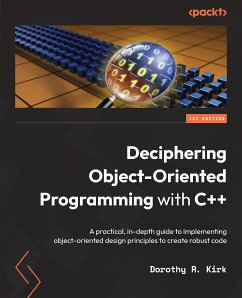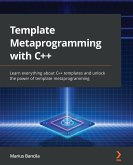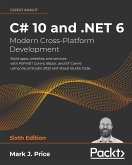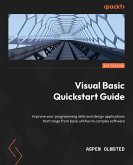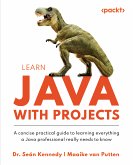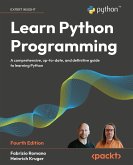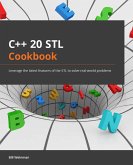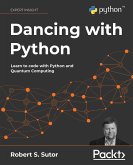Starting with the essential C++ features, which serve as building blocks for the key chapters, this book focuses on explaining fundamental object-oriented concepts and shows you how to implement them in C++. With the help of practical code examples and diagrams, you'll learn how and why things work. The book's coverage furthers your C++ repertoire by including templates, exceptions, operator overloading, STL, and OO component testing. You'll discover popular design patterns with in-depth examples and understand how to use them as effective programming solutions to solve recurring OOP problems.
By the end of this book, you'll be able to employ essential and advanced OOP concepts to create enduring and robust software.
Dieser Download kann aus rechtlichen Gründen nur mit Rechnungsadresse in A, B, BG, CY, CZ, D, DK, EW, E, FIN, F, GR, H, IRL, I, LT, L, LR, M, NL, PL, P, R, S, SLO, SK ausgeliefert werden.
Hinweis: Dieser Artikel kann nur an eine deutsche Lieferadresse ausgeliefert werden.

